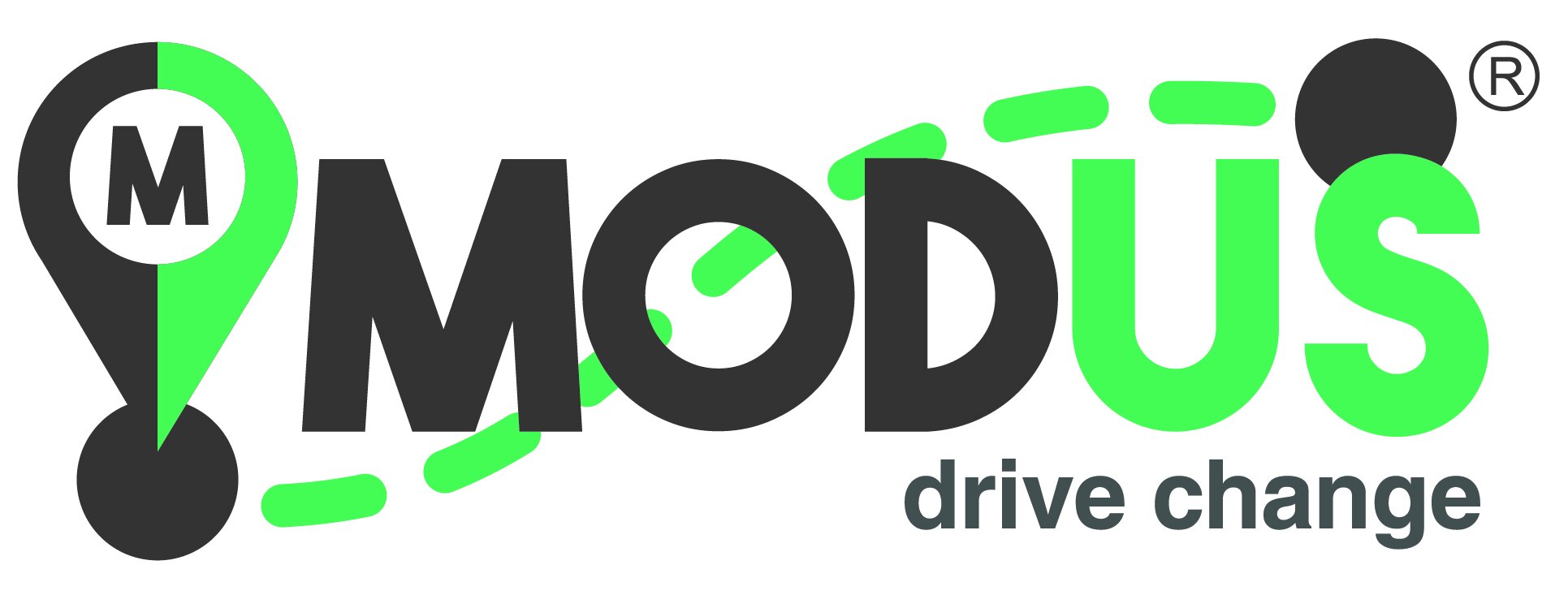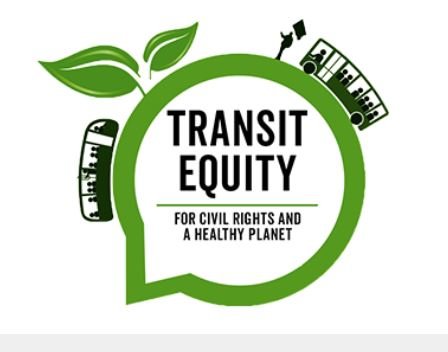The 7 Principles of Transit Equity
Many are familiar with the terms ‘housing vulnerability’ and ‘food insecurity.’ An often forgotten third basic need in America is equitable transportation. Those who are “transportation vulnerable” become isolated in their communities, cut off from access to health care, social services, educational growth, and occupational opportunities.
Lack of transportation directly impact resident’s health and social mobility. For many communities in Tulsa, the inability to access transportation has resulted in well documented health outcome disparities in which a person’s zip code can shorten their life expectancy be as many as ten years! In addition, studies across the United States have found that a long commute is one of the main barriers preventing people from escaping poverty.
Modus is joining forces with The Labor Network for Sustainability this week to celebrate Transit Equity Day on Rosa Park’s birthday, February 4, 2021. The goal of Transit Equity Day is, “to promote public transit as civil right and a strategy to combat climate change.” On that infamous day in 1955 when Rosa Parks refused to move seats, the world of transportation became a bit more accessible to everyone. It didn’t take just one day to desegregate buses, nor should we take just one day a year to highlight the need for transit equity. Check out The Labor Network for Sustainability’s Transit Equity Day Principles below and think of that ways in which your community needs to invest in public transit:
Everyone has a right to a public mass transit system that includes:
Safe, reliable, environmentally-sustainable and affordable transit that is accessible to all, regardless of income, national origin, race, gender identity, sexual orientation, age, religion, or ability.
An affordable public transit system that reliably connects people in all communities to the places we need to travel: home, work, school, places of worship, shopping, health, and recreation, in as efficient, and timely a manner as possible. We must ensure that all communities have access to transit; no community should be left behind. Public transit in rural, less densely populated communities should be provided in any master transportation plan despite the special challenges that may present.
Living wages, benefits, safe working conditions, and union rights for transit workers, including those who manufacture transit equipment, and access to family-sustaining transit jobs and training opportunities for people from underserved communities.
A just transition for workers and communities who are dependent on our current automobile and highway-centered transportation system, to ensure that no one is left behind as we transition to a more public, accessible, and cleaner transit-based system.
Rapid transition of our transit systems to electrified, non-polluting transit powered by electricity from renewables. This transition should be made for school buses also.
Safe, healthy and livable neighborhoods that are connected by public transportation and by bicycle pathways and sidewalks, and that are planned to expand safe access to transit and reduce single occupancy vehicle miles traveled.
Dedicated and sustainable public funding for public transit.
After reading these seven ambitious principles, it may seem impossible to achieve such a massive goal. Remember, Rosa Park’s made a single choice that sparked a revolution. If you are interested in helping pave the way to help the transportation vulnerable communities in Tulsa, join the work being done at Modus.



